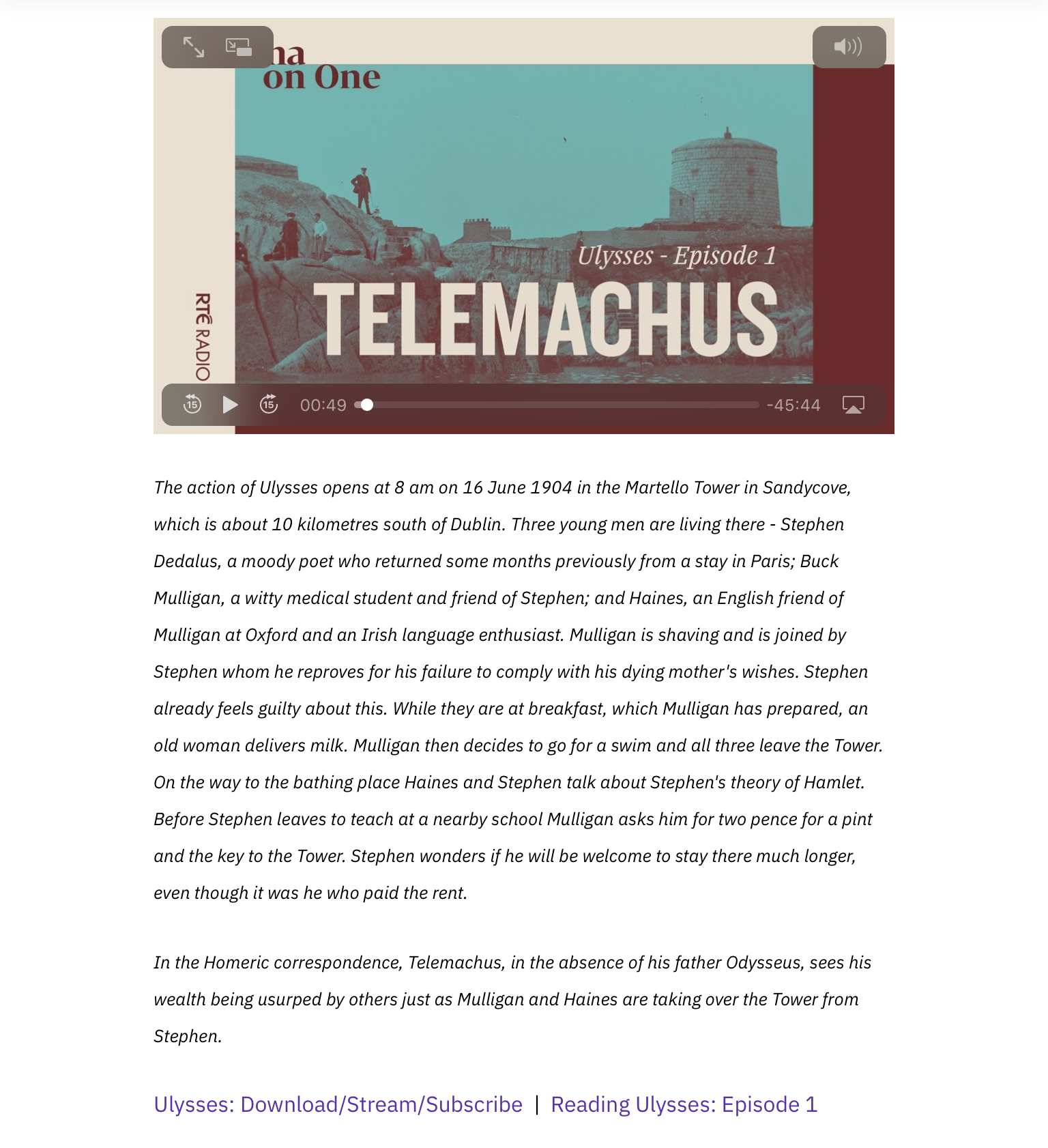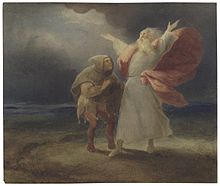THE NOVEMBER MAN- A LOOK AT THE ORIGIN OF SPY NOVELS

INTRODUCTION Who does 'The November Man' remind you of when you Google the title? James Bond, isn't it? Well, the lead is Pierce Brosnan popularly remembered as James Bond in the series of the same name by Ian Fleming. Falling in the genre of spy thrillers, it is based on the novel by Bill Granger. There Are No Spies is the seventh installment of the novel series- The November Man. What Bill Granger and Ian Fleming have in common are the genre and the actor! You are not wrong if Mission Impossible series crosses your mind too! This makes us dig deeper into the history of spy novels. THE ORIGIN The early origins according to William Bendler takes us back to the Hebrew Bible titled the Book of Joshua. In it, Chapter 2 of the Hebrew Bible is considered to be the first spy story. However, spy fiction as a genre started to take shape in the early nineteenth century. The credit goes to American novelist James Fenimore Cooper. His works The Spy( 1821) and The Bravo(1831) are t


